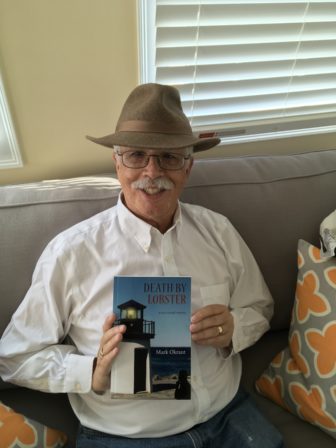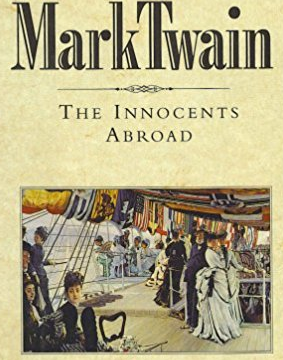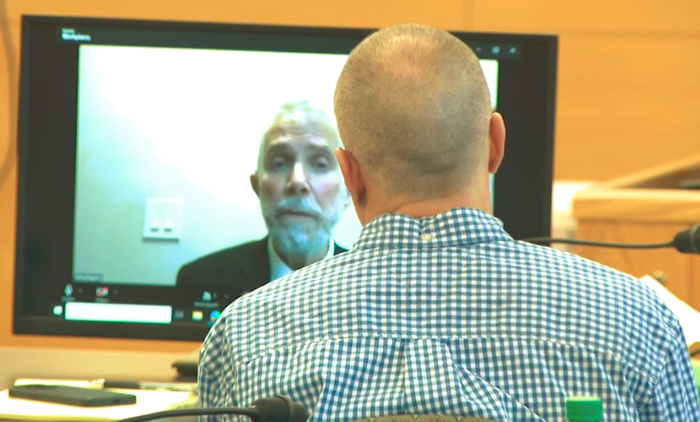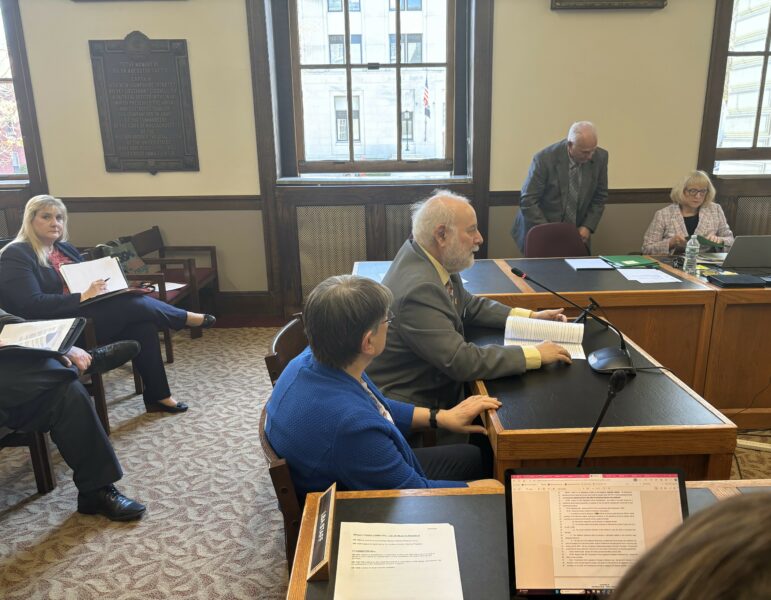By Mark Okrant,
NH Travel Guru
One of the first travel-based parodies I ever read was Mark Twain’s 1869 book, The
Innocents Abroad (note to readers: it was not a new release at the time).
The book describes Twain’s adventures aboard the passenger ship Quaker City, sailing to
destinations in Europe and the Holy Land. Using his special brand of satire, Twain
identifies American passengers as pseudo-sophisticates whose combination of
xenophobia and an unbridled rush to judge others makes them ill-prepared to
appreciate the wonderful opportunity for cultural immersion they have been given.

Mark Okrant, the NH Travel Guru
Not surprisingly, Twain was nearly eighty years ahead of his time. Not until 1948
did Cuban photographer Constantino Arias use the pejorative title, “ugly American”
to identify a photograph of a US tourist in Havana. The term came to be applied to
American citizens who travel in garish clothing, making loud and inappropriate
conversation, often in sensitive environs. There is the ubiquitous camera, and the
willingness to spend exorbitant sums, even when unnecessary.
Of course, American citizens weren’t the first to exhibit these behaviors, nor are they the last. Travelers from nations that are at the economic and cultural pinnacle among their contemporaries are prone to this label—deservedly or not.
One can well imagine ancient Roman patricians traveling along the Apian Way to the
outposts of empire while behaving boorishly. Centuries later, the British were
haughty visitors to India and other outposts of their globe-spanning commonwealth.
Germans did the same during the first half of the twentieth century. Ugly Americans
have been replaced—in sequence—by the Japanese, the Saudis, and the Chinese.
Doubtlessly, there will be other nationalities to follow.
Over the last several years, I have become aware that the ugly American
phenomenon remains alive and flourishing among certain expats taking up
residence abroad. My unlikely source is the HGTV reality television program, House
Hunters International. On numerous occasions, the subjects of this program are
Americans. During one recent episode, a couple from suburban Austin, Texas was
moving to Paris.
For those of you who have never spent time in the Lone Star State, suburban dwellings there tend to be the size of airplane hangars, with full master suites, lanais, stainless steel appliances, and massive flat screen televisions.
In this particular episode, the problem began when the couple met their realtor for
the first time. Here, they described that they wanted an apartment in the shadow of
the Arc de Triomphe, with three bedrooms, a large kitchen with a dishwasher, and
private outdoor space for their pet pit bull. As I watched these newly minted
immigrants in action, I found myself loudly criticizing the couple’s ignorance. Have
we not evolved from Twain and Arias’ depiction of Americans abroad? Those people
never bothered to study the cultural environment where they were traveling, or to
recognize the fact that they were visitors in another’s homeland. In such
circumstances, visitors need to temper expectations.
In the final analysis, optimal international travel experiences result when hosts and
guests show respect for one another.

Mark Okrant, NH Travel Guru is pictured with his latest book.
After forty years as an educator, researcher, and consultant, Mark Okrant joins
IndepthNH.org to offer concise, informative insight into New Hampshire’s travel and
tourism industry as a business, while showcasing the people and places you want to
know. This guy’s really been around. And, he’s funny, too.
For more about Mark’s compelling tourism-based murder mystery series, visit
www.markokrant.com.
For information on current things to do in New Hampshire, go to:
http://www.visitnh.gov/what-to- do/event-calendar.aspx





